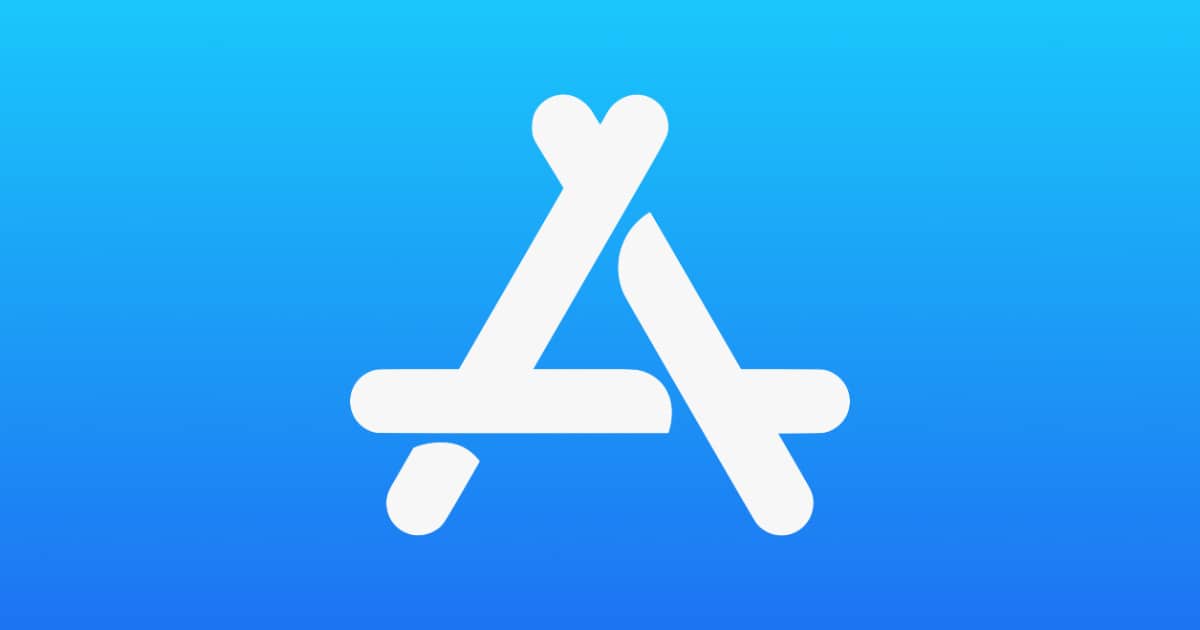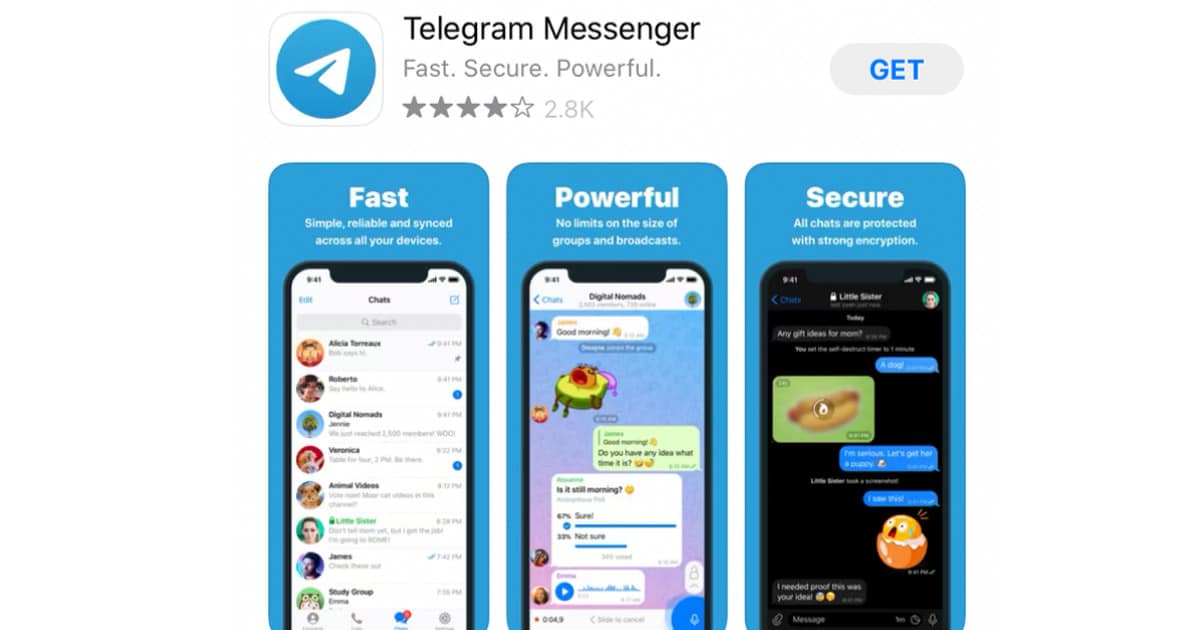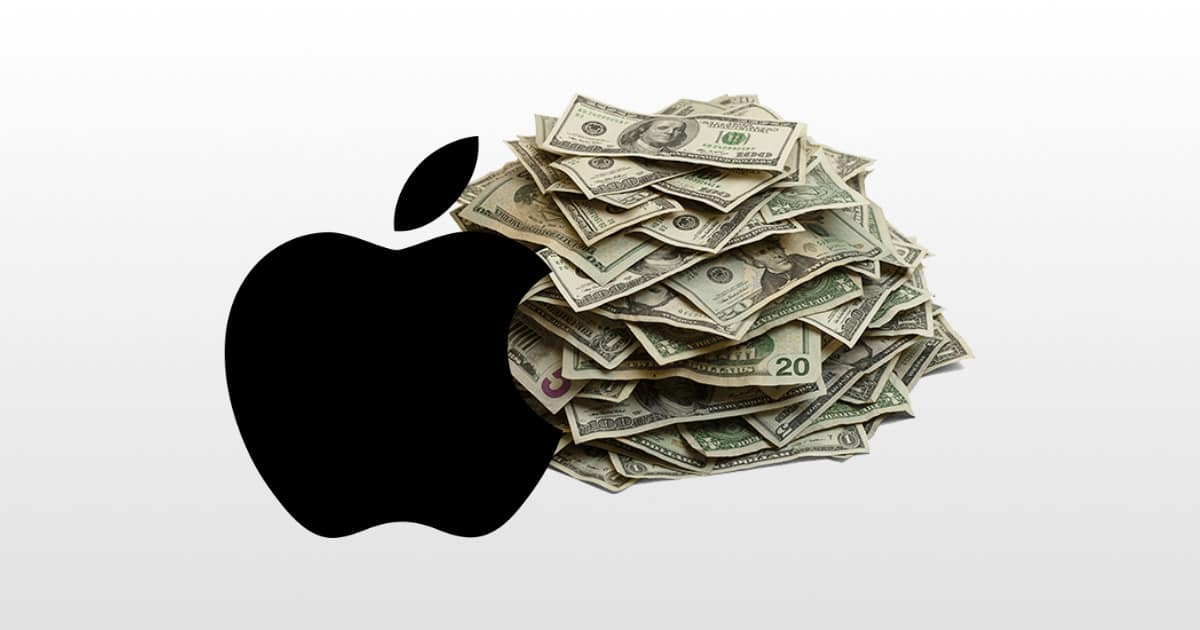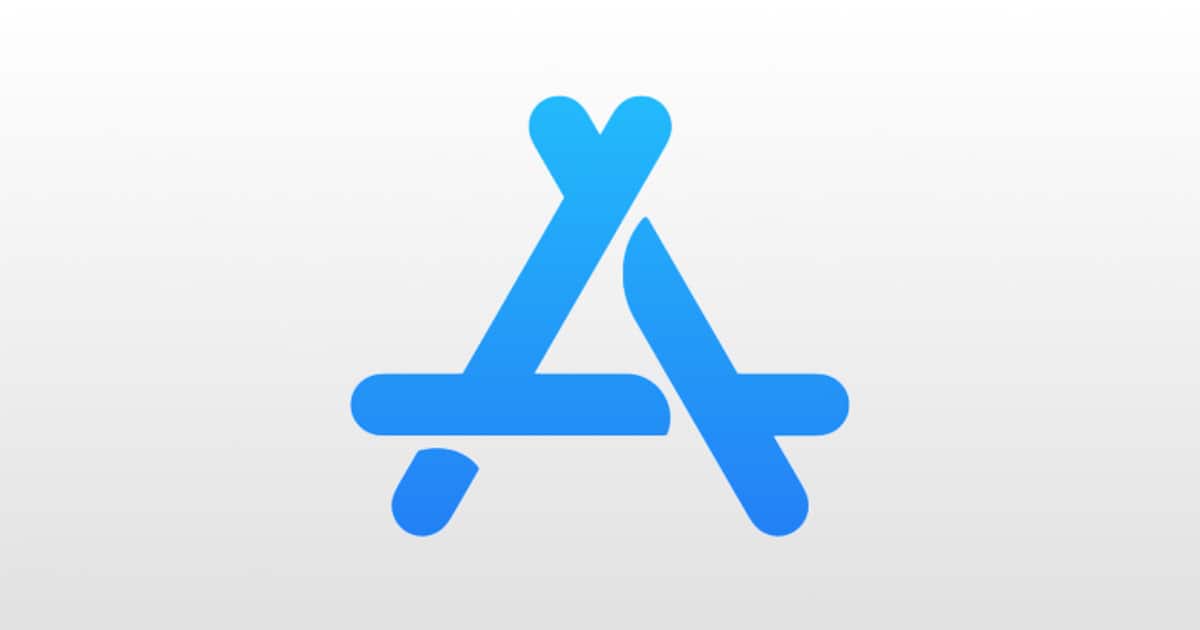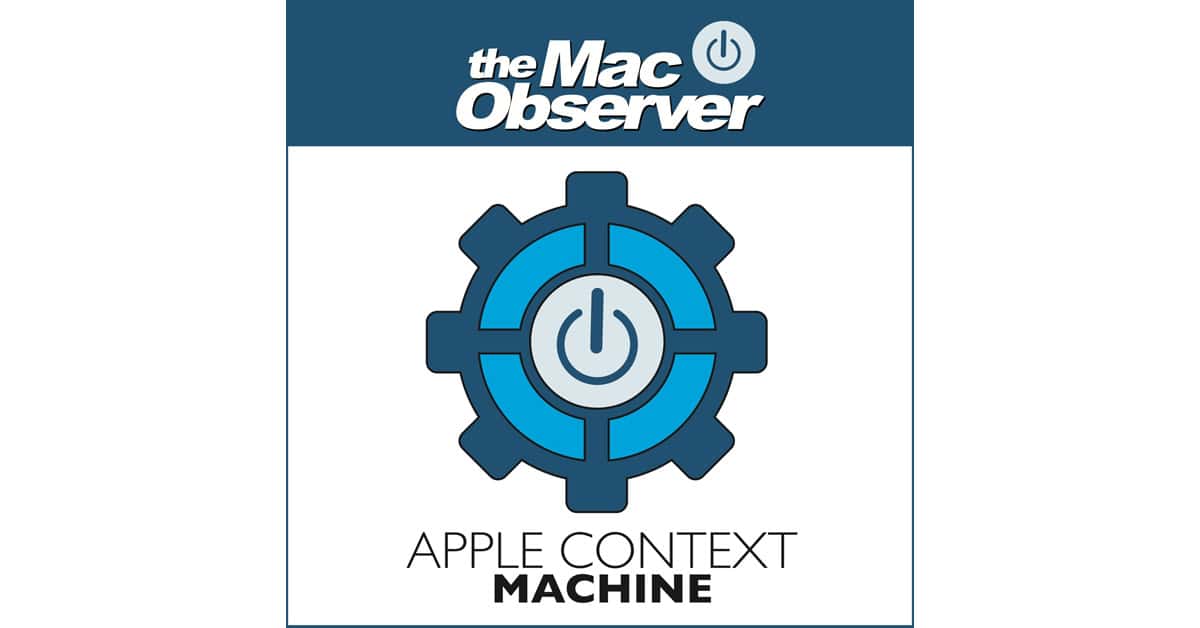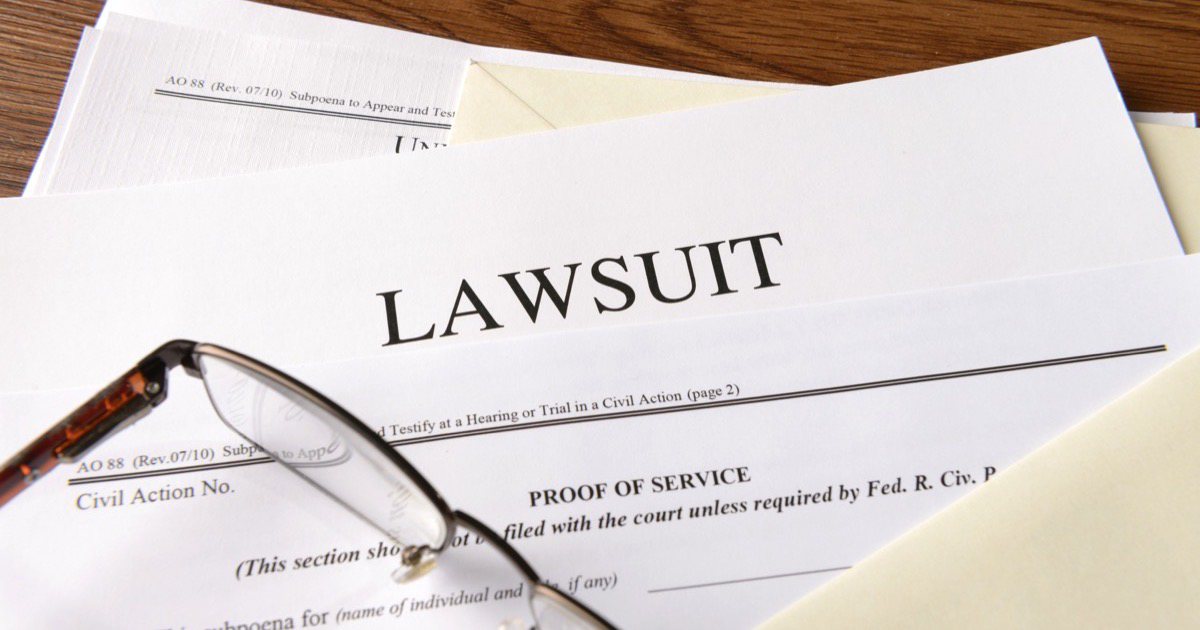Apple has removed popular game Fortnite from the App Store, hours after the company circumvented Apple’s payment system.
App Store
What Would Happen if Apple Was Forced to Allow Sideloaded Apps?
Some people want Apple to let users download sideloaded apps. These are apps that can be installed outside of the App Store, like the current situation on macOS. One counter argument is security:
“It’s not that iOS is full of holes,” he said, but that “the App Store is a natural second layer that [Apple] can filter through and decide if something would be harmful.” He agreed it wasn’t foolproof, but that it can help screen out “undesirable” apps.
My worry with sideloaded apps isn’t about the device security itself. It’s that Apple probably couldn’t control what goes on inside these apps, like SDKs that harvest our data, or developers only letting people use non-private logins like Facebook and Google. I want to use technologies like Sign In with Apple and Apple Pay, because I trust Apple with my data. To be fair, App Store apps already use trackers. As a side note, I’m linking to Apple News because of Engadget/Verizon’s new consent form when you visit the website.
Russia Says Apple Guilty of Antitrust Following Kaspersky Complaint
Russia’s Federal Antimonopoly Service has decided that Apple is guilty of abusing its position, following a complaint by Kaspersky.
Facebook and Microsoft Take App Store Grievances to EU
Recent grievances against Apple from Facebook and Microsoft could feed into an EU antitrust investigation into the App Store.
Apple Boosts App Store Security With New App Attest API
Apple is introducing a new security measure for the App Store called the App Attest API and it will be used in iOS 14 and later.
Telegram Files Complaint Against Apple With EU
Encrypted messaging app Telegram has become the latest firm to file an antitrust complaint against Apple to the European Union.
Phil Schiller: App Store Creates Level Playing Field for Developers
Speaking in a new interview, Phil Schiller says that the App Store creates a level playing field for developers.
ClassPass, Airbnb Clash With Apple Over App Store Fee
Airbnb and ClassPass are the latest companies to express concerns over Apple’s 30% App Store fee after shifting to virtual content.
Apple Hires Economists to Prove App Store is not Anticompetitive
Apple hired economists from the firm Analysis Group who said in a study that the company’s fees are similar to competitors.
Security Friday, App Store Turns Twelve – TMO Daily Observations 2020-07-10
Charlotte Henry joins host Kelly Guimont to discuss Security Friday news items and tips, and the twelfth birthday of the App Store.
Apple Extends App Store Connect API Capabilities
Apple is extending the capabilities of the App Store Connect API for developers, following its redesign of the Connect website in June.
Apple Silicon, Target Mode, iOS Apps Coming to Mac, with John Kheit - ACM 533
Bryan Chaffin is joined by John Kheit to talk about Apple Silicon and the Mac moving to Apple-designed ARM processors. They also talk about Target Mode’s demise and something John Kheit predicted years ago: iOS apps coming to the Mac.
Apple Approves ‘Hey’ Email App, Developer Adds Free Burner Accounts
Apple has approved a new version of the Hey email app once the developers added a free option for users. You can now create a free, temporary email account that expires after 14 days, making it a new privacy service for burner emails.
…the company will now offer iOS users a free temporary Hey email account with a randomized address, just so the app is functional when it is first opened. These burner accounts will expire after 14 days. Hey is also now able to work with enterprise customers, as Apple initially took issue with the app’s consumer focus.
I like the burner option. Find it in the App Store here.
Phil Schiller Speaks Out on ‘Hey’ Email Controversy
A controversy over the past few days has been about an email app called Hey that was initially approved by the App Store review team, then rejected later. Phil Schiller spoke about the issue in an interview.
One way that Hey could have gone, Schiller says, is to offer a free or paid version of the app with basic email reading features on the App Store then separately offered an upgraded email service that worked with the Hey app on iOS on its own website. Schiller gives one more example: an RSS app that reads any feed, but also reads an upgraded feed that could be charged for on a separate site. In both cases, the apps would have functionality when downloaded on the store.
My opinion is that Apple could stand to reduce its cut from 30% down to 15-18%. But we definitely don’t need other proposals, like downloading apps from outside the App Store like you can on the Mac.
App Store Rejections, Antitrust Updates – TMO Daily Observations 2020-06-17
Charlotte Henry joins host Kelly Guimont to discuss App Store policy and what constitutes a violation, and updates to EU antitrust cases.
Apple Redesigns App Store Connect Website
Along with redesigning the Apple Developer app on macOS, Apple has also redesigned the App Store connect website.
Apple Hit With Lawsuit for App Store Loot Boxes
Apple was sued on Friday with a class action lawsuit for allowing apps and games to add loot boxes and profiting off of them.
App Store Ecosystem Supported $519 Billion Globally in 2019
Apple announced today that in 2019 the App Store supported US$519 billion in billing and sales globally.
How to Update Apps on iPhone, iPad, Mac, and Apple Watch
Wondering how to update apps on your Apple devices? It’s easy to do manually and there’s an option to do it automatically.
Apple Fixes ‘This App is no Longer Shared With You’ Bug
Over the weekend Apple fixed a bug related to Family Sharing where users saw a message saying, “This app is no longer shared with you.”
How to Uninstall Apps on iPhone and iPad
Andrew shows you how to uninstall apps on iPhone and iPad in case you downloaded one and changed your mind.
Apple Search Ads Now Available in Russia
Apple announced today that Apple Search Ads are now available in Russia, with the ads going live on May 4.
32 ‘Fleeceware’ Apps Found on App Store
Researchers found 32 fleeceware apps on the App Store, a new term for apps that abuse legal loopholes in app trials.
App Store Predictions, iCloud Folder Sharing – TMO Daily Observations 2020-04-07
Andrew Orr and Charlotte Henry join host Kelly Guimont to discuss App Store revenue prediction and what they mean for the App Store, and how to use iCloud Folder Sharing.

